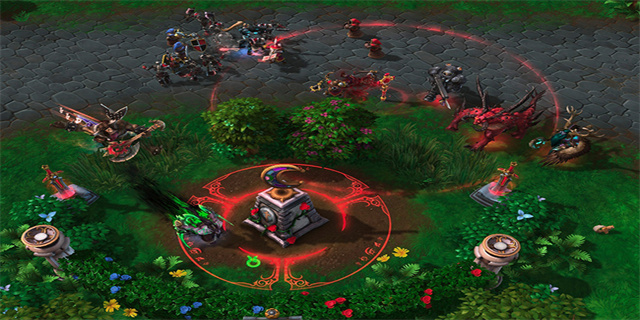Importance of Self-Discipline
Discipline is a significant aspect of life that affects how we behave, interact with others, achieve goals, and create meaning. The power of self-discipline is a crucial life skill that requires attention, practice, and perseverance. To become a successful individual, it is essential to cultivate a disciplined lifestyle and mindset that promotes growth, productivity, and self-improvement.
What is Self-Discipline?
Self-discipline is the ability to control one's behavior, emotions, and thoughts in a constructive and positive manner. It involves setting clear goals and objectives, developing strategies and plans, and adhering to them, even in the face of adversity, distraction, or temptation. It requires a deep sense of self-awareness, self-control, and self-regulation that enables individuals to overcome obstacles, challenges, and setbacks on their path to success.

The Benefits of Self-Discipline
The benefits of self-discipline are immense and are evident in all areas of life, including personal, professional, and social aspects. Self-discipline promotes mental clarity, focus, and concentration, which are critical for achieving goals and objectives. It helps individuals to become more organized, efficient, and effective in their work, thereby enhancing productivity and output. Self-discipline also enhances self-confidence, resilience, and perseverance, as it enables individuals to develop a growth mindset and learn from their mistakes and failures.
Furthermore, self-discipline promotes better health and well-being, as it encourages individuals to lead a disciplined lifestyle that includes proper nutrition, exercise, and rest. It also promotes better relationships and social skills, as it enables individuals to communicate effectively, listen actively, and build meaningful connections with others. Additionally, self-discipline enhances ethical and moral values, as it enables individuals to make responsible, informed, and proactive decisions that align with their values and principles.

How to Develop Self-Discipline
Developing self-discipline is a continuous process that requires time, effort, and commitment. The following are some tips to help individuals develop self-discipline:
- Set clear goals and objectives: Identify what you want to achieve and create a plan to achieve them. Break down your goals into smaller, manageable steps to make them more achievable.
- Create a routine: Establish a regular routine that includes specific times for work, rest, and leisure activities. Stick to your routine even when you don't feel like it, as it helps to build self-discipline.
- Avoid distractions: Identify the things that distract you from your work or goals and eliminate them. Develop strategies to deal with distractions, such as turning off your phone, closing your email, or working in a quiet place.
- Stay motivated: Find ways to stay motivated and accountable, such as tracking your progress, rewarding yourself, or seeking support from others.
- Practice self-care: Take care of your physical, emotional, and mental health by eating well, exercising regularly, and getting enough rest and sleep.
In conclusion, self-discipline is a critical life skill that enables individuals to achieve their goals, live a fulfilling life, and contribute positively to society. It requires a conscious effort to cultivate a disciplined lifestyle and mindset that promotes growth, productivity, and self-improvement. By developing self-discipline, individuals can enhance their mental, physical, and social well-being, and ultimately lead a more fulfilling and purposeful life.



























